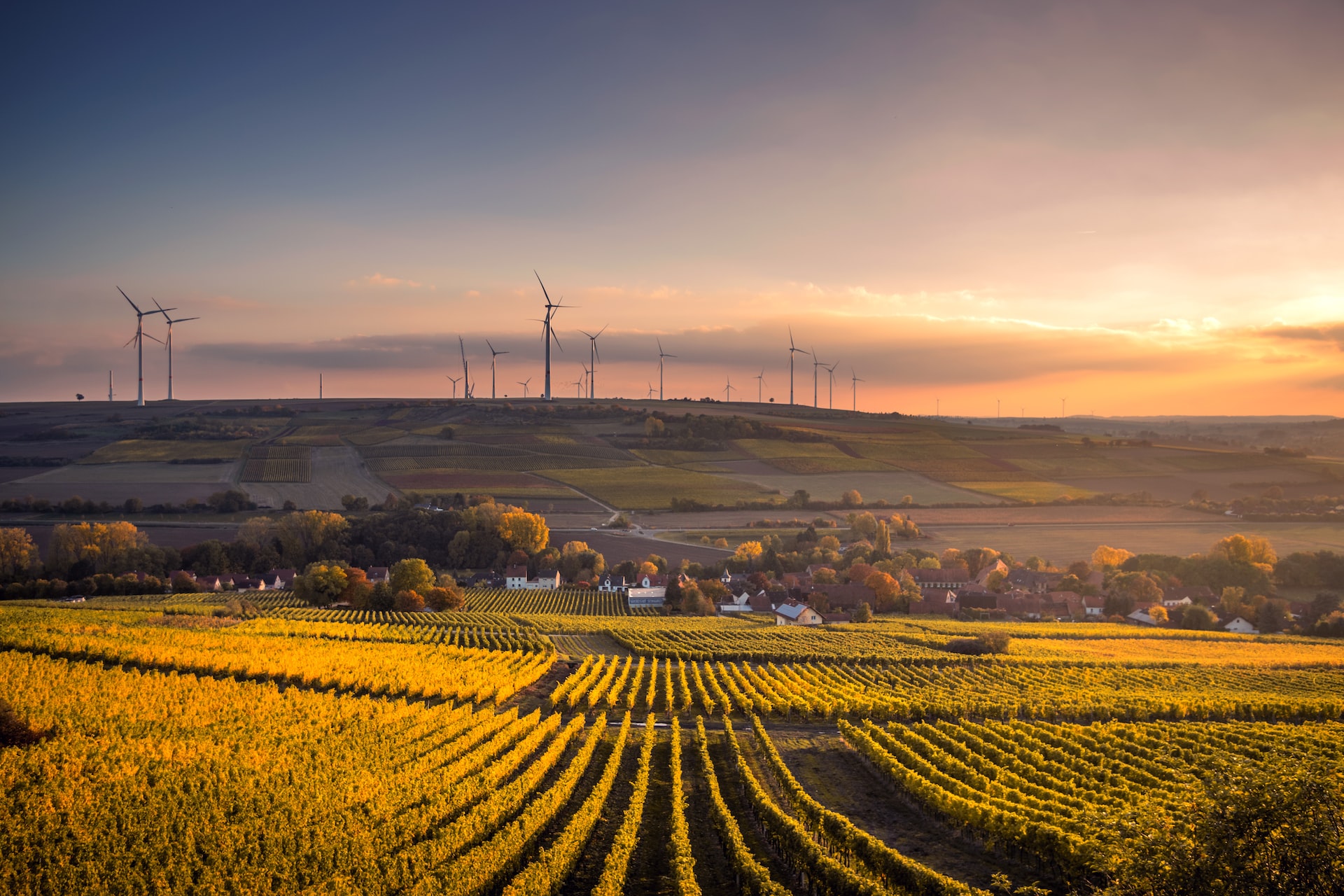Succeeding as an agricultural professional used to mainly mean relying on experience, educated guesses and tips from others in the industry. People still depend on those things, but now they’re more likely to also use the Internet of Things (IoT). IoT devices on the farm come in many forms, but they often include agriculture sensors that give farmers insights they didn’t otherwise have. Here are some of the notable benefits.
1. Better Insights Into Animal Health With Agriculture Sensors
Viruses, infections and other health threats can spread rapidly on farms, largely due to how many animals some farmers keep simultaneously. However, agriculture sensors for animal use can track minute changes, such as differences in livestock body temperature or feeding patterns, which will give farmers earlier alerts of possible illnesses. Many of these are placed outside the body, such as the tip of the ear.
However, one product can tell three days in advance that a cow is about to deliver a calf. It’s an ingestible sensor. The product can also help farmers determine whether a certain animal needs antibiotics. Having decision-making assistance in that regard is vital, particularly since administering medication requires separating a cow from the herd and getting a vet’s certification of a return to full health before reintroducing it to the other animals.
Getting this kind of help from IoT devices on the farm can help agricultural professionals remain profitable. It also allows them to act faster and more decisively, mitigating health-related problems that could otherwise severely disrupt operations.
2. Improved Sustainability With IoT Devices on the Farm
Farming can be incredibly resource-intensive. However, agriculture sensors can make farmers more aware of where and how to make the most impactful changes. Getting results may not be as involved as they first assume. Statistics indicate that 15% of the United States’ agricultural production expenses relate to energy.
One starting point for reducing them could involve using smart lighting throughout a farm’s main areas. Farmers can turn the lights on and off with a smartphone or operate them on a schedule, avoiding wasted electricity. Farmers can also cut down on unnecessary resource usage by using IoT devices on the farm that help them determine when to use water. Crops are only irrigated when needed.
Relatedly, agriculture sensors for soil monitoring allow farmers to get details about current conditions and use those to predict future yields. They can use more informed decision-making regarding when to apply fertilizer or hold off. Knowing how to add just the right amount for the desired results is an important step in preventing agricultural runoff.
3. Enhanced Property Security
Farms contain numerous assets of interest to potential thieves. Many criminals may find these operations particularly appealing because they believe it’ll be easier to steal things undetected. That’s because the properties are so large and may have many parts that are not continually staffed or supervised. Agricultural equipment, such as tractors, is a common target, as are animals.
However, research indicates using IoT devices on the farm could reduce thefts while raising productivity. Opportunities even exist to keep the property safer while reducing energy. For example, many connected products pair with motion sensors. It’s easy to imagine a security camera that only turned on and began recording footage once it detected nearby movement.
The increased visibility enabled by agricultural sensors also helps farmers stay more informed, particularly when they must travel or are not otherwise able to have the usual physical oversight offered by being on the premises. Farmers several states away or in another country can use IoT technology that shows them real-time footage of various places on the farm.
Having such details captured of trespassing or items stolen could also be valuable once law-enforcement officials get involved. The footage might include specifics of the suspects, their vehicle or other things that help the police more quickly and definitively identify the perpetrators, depending on a camera’s position and how much it catches.
4. Reduced Labor Needs
Farming is physically intensive work, and even when agricultural professionals do everything right, unpredictable weather or pest infestations mean lots of things go wrong and are largely outside humans’ control. These realities often make it difficult to find and keep employees, especially when seasonal demands make it even more necessary to engage in massive hiring efforts.
IoT devices on the farm cannot replace humans’ work, but they can supplement it and sometimes ease people’s workloads. One recent example is a tractor from John Deere that can do tasks autonomously. People still have to program and confirm how they want the machine to operate, but after that, it gets to work without any further intervention.
People can also specify, with sub-inch accuracy, where they want the tractor to apply seeds and chemicals. Besides helping farmers manage their time and output, such technology enables them to spend less on supplies. That can be good for the planet and kinder to a farmer’s budget.
IoT Devices for Farming Need Strategic Implementation
Deciding to use IoT devices on the farm does not guarantee results. Instead, people must think about how they want to install them and how those efforts connect to larger goals. Farmers will then be more likely to see impressive returns on investment that help them feel encouraged about the exciting possibilities agriculture sensors create.










